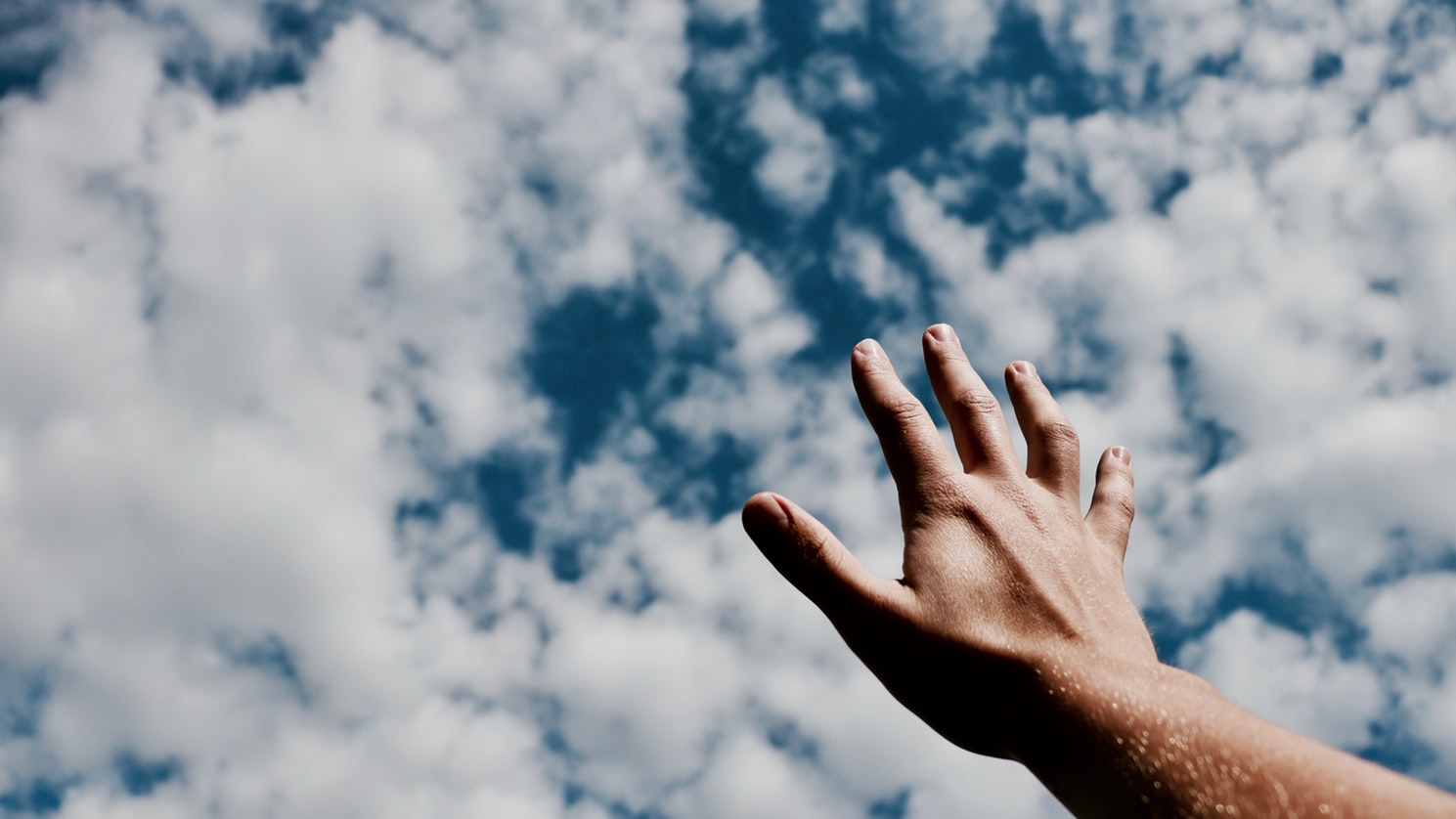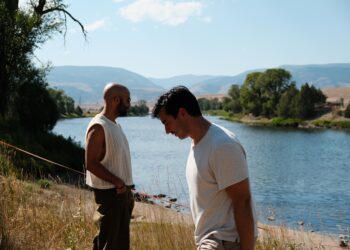By Mira Brody EBS STAFF
BIG SKY – Living in a mountain town that often tops lists titled “Best Places to Live” and “Healthiest Cities in the U.S.” can seem like a romantic venture. Hidden beneath the headlines, however, is a perfect storm of factors and staggering mental health statistics to which even Big Sky is not immune.
Like many ski towns our demographics, economic disparities, culture surrounding alcohol consumption, social isolation and high altitude all contribute to high suicide rates—Gallatin County sees an average of 14 suicide deaths a year. In 2017, Montana saw 28.8 suicides per 100,000 residents, the highest age-adjusted rate in the country.
Despite this, Big Sky doesn’t have a single licensed, full-time behavioral health provider.
The Big Sky Behavioral Health Initiative has plans to change that. Davis & Associates Founder and CEO Paul “Buz” Davis spearheaded a yearlong behavioral health study over the past year that proposes solutions for the lack of mental health and substance abuse resources. The study involved over 60 anonymous interviews and contributions from local journalists Amanda Eggert and Tyler Allen, along with local businesses and nonprofits including Women in Action, Bozeman Health, the Gallatin City-County Health Department, and Community Health Partners.
The goal is to create a single point of contact for behavioral health that is accessible to all who live and work in Big Sky regardless of their ability to pay. Proposed funding includes monies from the resort tax, citizen employers, foundations and grants as well as a location in the new BASE Community Center slated to open in Big Sky Town Center in 2021.
The first step, however, is getting people to understand the problem.
“I’ve always been really good at problem solving and getting a group of people to work on something together. That to me is as good as it gets,” said Davis, whose professional background also includes healthcare consulting, a stint as a clinical pharmacist and as a current member on the Big Sky Resort Area District Tax Board. “It didn’t take too many interviews to realize that there really was a need here.”
Of current events, Davis notes the arrival of a virus such as COVID-19, which requires the community to refrain from gathering in its usual comforting haunts, increases feelings of isolation and becomes a multiplier of issues that were already prevalent.
Deaths of despair in resorts towns
Big Sky is home to 3,000 residents. Thirty percent of those fall between the ages of 20 and 34, a demographic that is a target for suicide and drug-related death, also referred to as “deaths of despair.”
According to the study, the three greatest contributing factors to those who need help and are not receiving it are: awareness of available resources, access to those resources, and the culture surrounding mental health—Montana is a state where grit is a celebrated personality trait and pressure exists to meet the standards of that high-octane, carefree magazine lifestyle.
“When you talk to healthcare professionals, they say the stigma aspect of mental health is getting better,” said Eggert, one of the researchers and writers of the study and a former EBS editor. “But when you talk to people outside of that field, they really still feel that stigma is a pretty big hurdle.”
While seasonal visitors look upon ski towns with admiration, in reality wage gaps force many young residents to work multiple jobs to make rent often in neighborhoods housing multi-million dollar second and third homes. Big Sky consists of a bimodal population—those who have more than enough means to access everything they need, and the other side, what Davis refers to as the “invisibles.”
“If you look at our community,” Davis said, “we’re predominantly white, we are well-off and there’s a lot of people in this community, especially service people, that are invisible to the people they’re serving. You have this invisible population on top of the existing isolation.”
To cope with the long winters and solitary living, many residents turn to alcohol—more than 30 percent of people with a mental health diagnosis also abuse alcohol, according to the study. As an unincorporated community without a fixed number of liquor licenses, Big Sky has alcohol readily available in many businesses and consumption can aggravate existing mood disorders.
Opening the door
Montana is the fourth largest state in the country, but its mental health resources are sparse. When an individual in the Big Sky community is chronically untreated and enters crisis stage, such as when a drug addiction affects their work or they become a danger to themselves or others, the first links in the response chain are the Big Sky Fire Department, Gallatin County Sheriff’s Office and Big Sky Medical Center Emergency Department.
The nearest inpatient psychiatric treatment center is in Billings, 180 miles from Big Sky, and the only state-operated acute inpatient substance use treatment facility is in Butte 120 miles away. Locally, Women in Action is ground zero for mental health council. For other services, many Big Sky residents travel to Bozeman for private councilors and social service agencies such as Community Health Partners or the Western Montana Mental Health Center.
“Most of it is just an access issue,” Eggert said. “There’s an average of 1.3 jobs per residents in Big Sky … People are working really hard, often beyond 40 hours a week, so accessing services is really difficult for people especially when they have to drive to Bozeman for them.”
The Big Sky Behavioral Health Initiative proposes a plan that will provide the community with a door through which to seek these existing assistance programs and expand on them as need grows. Eventually, the goal is to provide the community with that full-time behavioral health specialist it so desperately needs.
For now, Davis and Eggert are encouraging the community to talk. In order to urge people to seek care, the conversation around it needs to be accepting, helpful and continuous, according to Davis.
“I’m excited for this opportunity for us,” he said. “Other ski resorts have been faced with this and they’ve taken action, so we know other places that have been down this road. I’m optimistic and my hope is that this is catalyst.”
Meeting the current need
By Brandon Walker
A number of Big Sky organizations including Women In Action, Bozeman Health Big Sky Medical Center and the Big Sky Community Organization, among others, recently combined their efforts to provide support for community members during the pandemic and into the future.
“There were things already in motion,” said BSCO CEO Ciara Wolfe, “which was amazing because then we were able to mobilize very quickly and put some immediate programs and services together for the short term to address the challenges that the community were having due to COVID-19.”
Jean Behr, executive director of Women in Action, confirmed that WIA, who recently welcomed a new counselor to their staff, along with Bozeman Health are able to provide phone counseling services free of charge at this time.
Behr and Wolfe described a list of other services and programs rolling out in the near future to meet the community’s needs. Among them are a calendar featuring virtual programs that include fly tying, cooking lessons, children’s programs and Zoom forums to keep community members connected as they practice social distancing.
“The onset of COVID-19 really just increased the urgency of the short-term, but all of us are focused as well as Buz is on the long-term behavioral health needs of the community,” Behr said.
Both Behr and Wolfe detailed that the collaborative effort is intended to last long after the pandemic. “…Using the data that Buz has researched and allowing that to drive us and develop some long-term programming and planning to ensure that the network we have started can really expand and we can offer services on all spectrums,” Wolfe said.
When complete, the BASE community center will provide space for counseling or other programming services from WIA or Big Sky Medical Center.
Read the full Big Sky Behavioral Health Initiative report.














